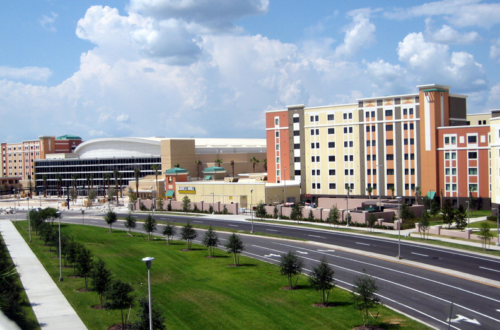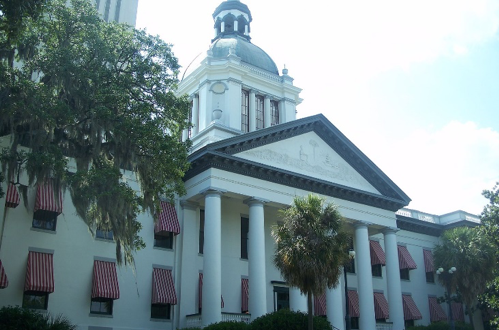In the upcoming general election, Floridians will have the opportunity to vote on Amendment 2, which will increase the minimum wage from the current $8.56 an hour to $15 an hour by 2026.
To pass, Amendment 2 requires at least 60% approval by voters. If the amendment passes, the minimum wage will increase by a dollar each year until it reaches $15 an hour in 2026.
According to a recent Monmouth University survey, 67% of registered voters support raising the minimum wage to $15 an hour, which is more than needed for the amendment to pass. If Amendment 2 were to pass, Florida would become the second most populous state in the United States to raise the minimum wage to $15 an hour.
An amendment to raise the minimum wage is not a new occurrence in Florida. In 2004, 71% of Floridians voted to raise the minimum wage to $6.15 an hour with Amendment 5.
The current minimum wage referendum effort is led by Orlando attorney John Morgan and a broad coalition of progressive groups such as Dream Defenders, Common Ground and Organize Florida, the Tampa and Pinellas Democratic Socialists of America, and the Florida Immigrant Coalition.
“Years ago in the south they said the economy will not work if we don’t have slaves,” Morgan said. “They were so adamant about it they went to war over it. They fought each other to own people. What’s going on in America today is we’re paying people slave wages, and I’m ready to go to war for that.”
Research conducted by the Massachusetts Institute of Technology found that Floridians must earn at least $12.39 an hour to have a livable wage. For those making minimum wage, either an adult would have to work either 2,900 hours a year or work one and a half full-time jobs to afford housing, utilities and food.
“Too many hard-working Americans have to work second and sometimes even third jobs to put food on their family’s table. These people, our neighbors — the same essential workers who are keeping our economy from sinking into complete collapse during COVID-19 — deserve our support,” wrote Rev. Russell Meyer in the Tampa Bay Times Opinion Column.
The main opposition to passing Amendment 2 has been spearheaded by the Florida Restaurant and Lodging Association, which has claimed that an increase in minimum wage will lead to a decrease in jobs due to establishments moving toward the use of automation. They have also suggested that the amendment would cause the cost of products to rise from the trickle-down effect.
“It makes me sad that the people who get excited about it and think that this is going to be great for them might be the people that ultimately get hurt in it,” FRLA CEO and President Carol Dover stated.
Amendment 2 is among the six amendments that will be present on the ballots in November. The issues addressed in these amendments include constitutional wording changes, property rights, open primaries and amendment voting procedures.
Featured image: Fast food workers on strike in Minneapolis. Unmodified photo by Fibonacci Blue used under a Creative Commons license. (https://bit.ly/308gMmj)
Check out other recent articles from the Florida Political Review here.





